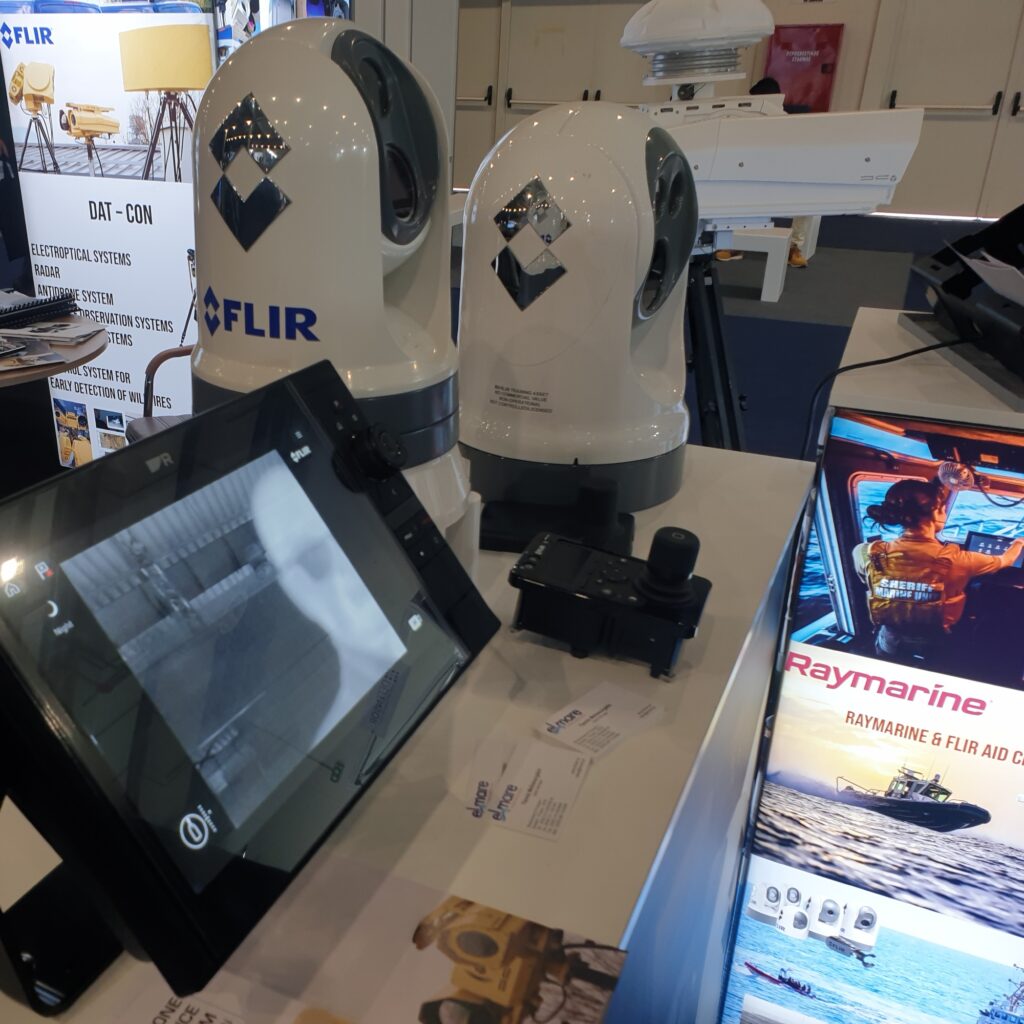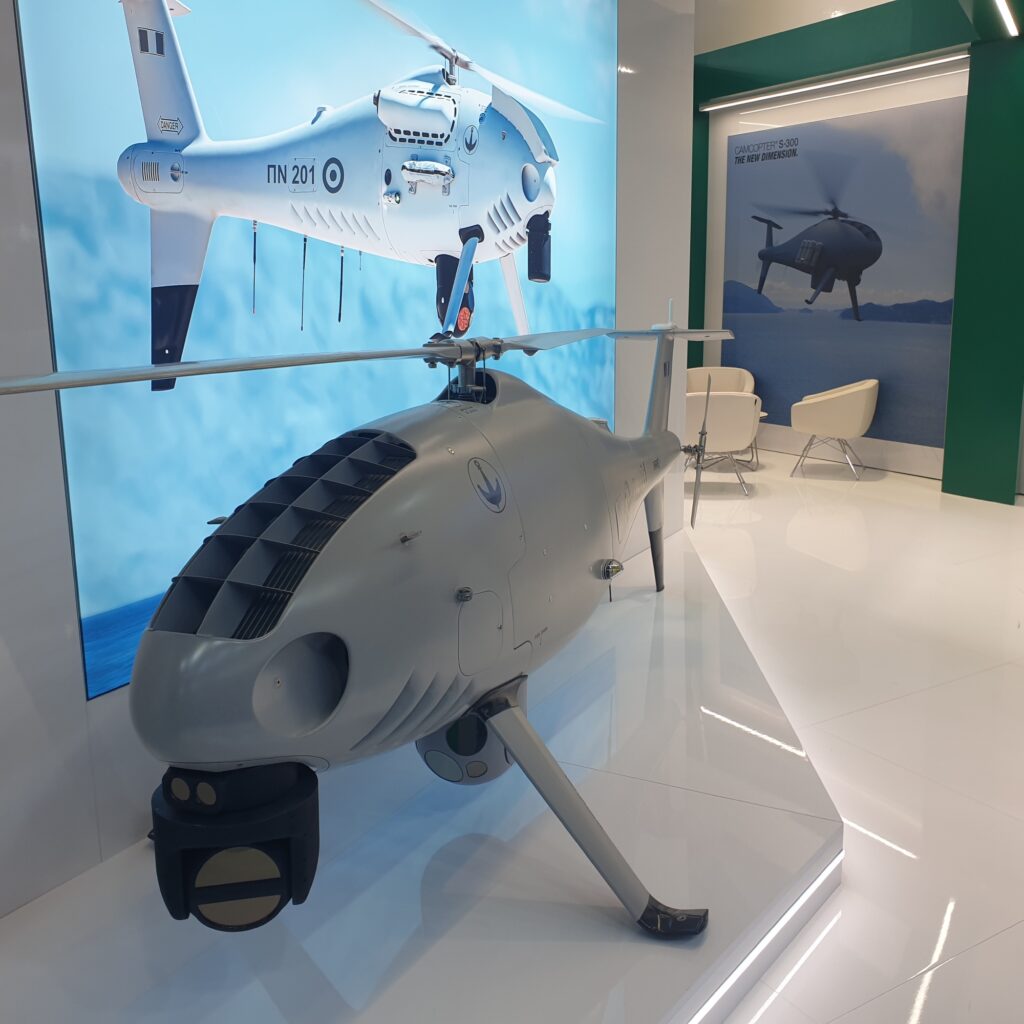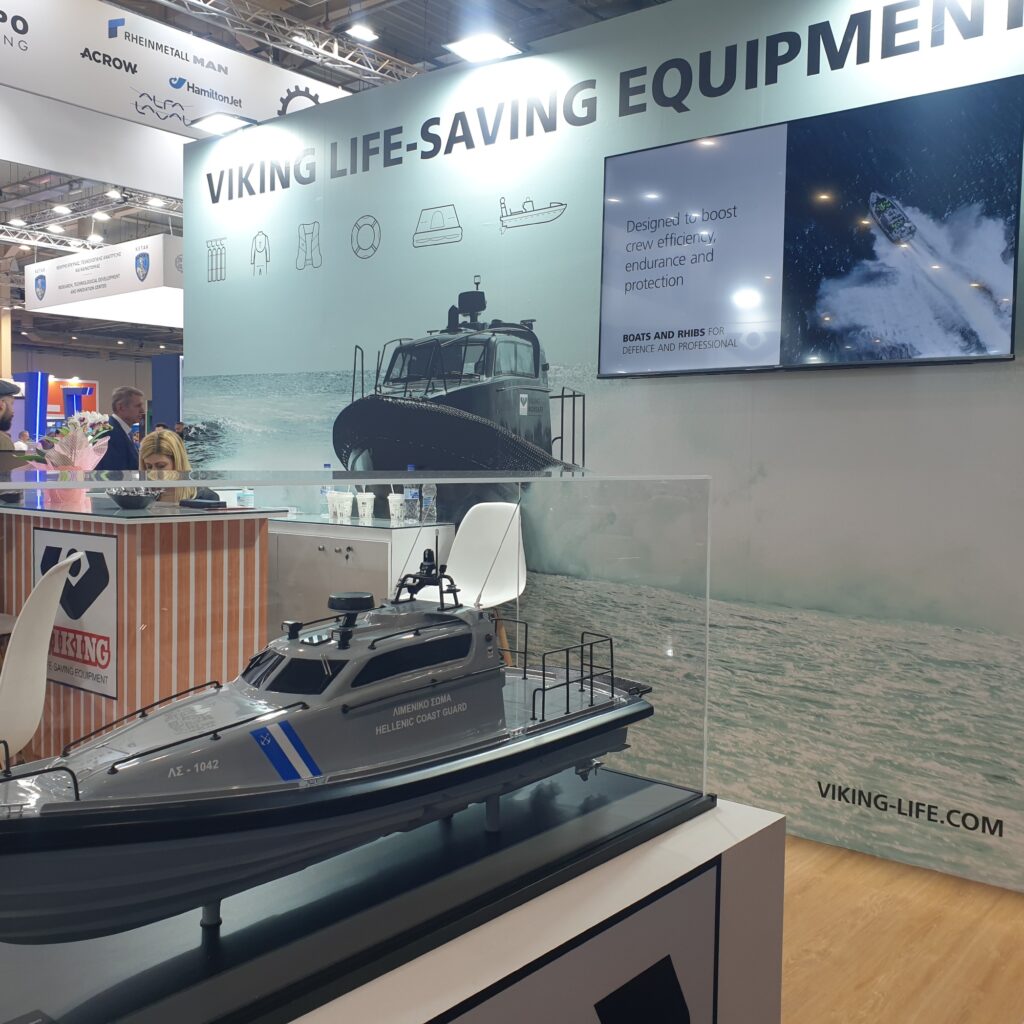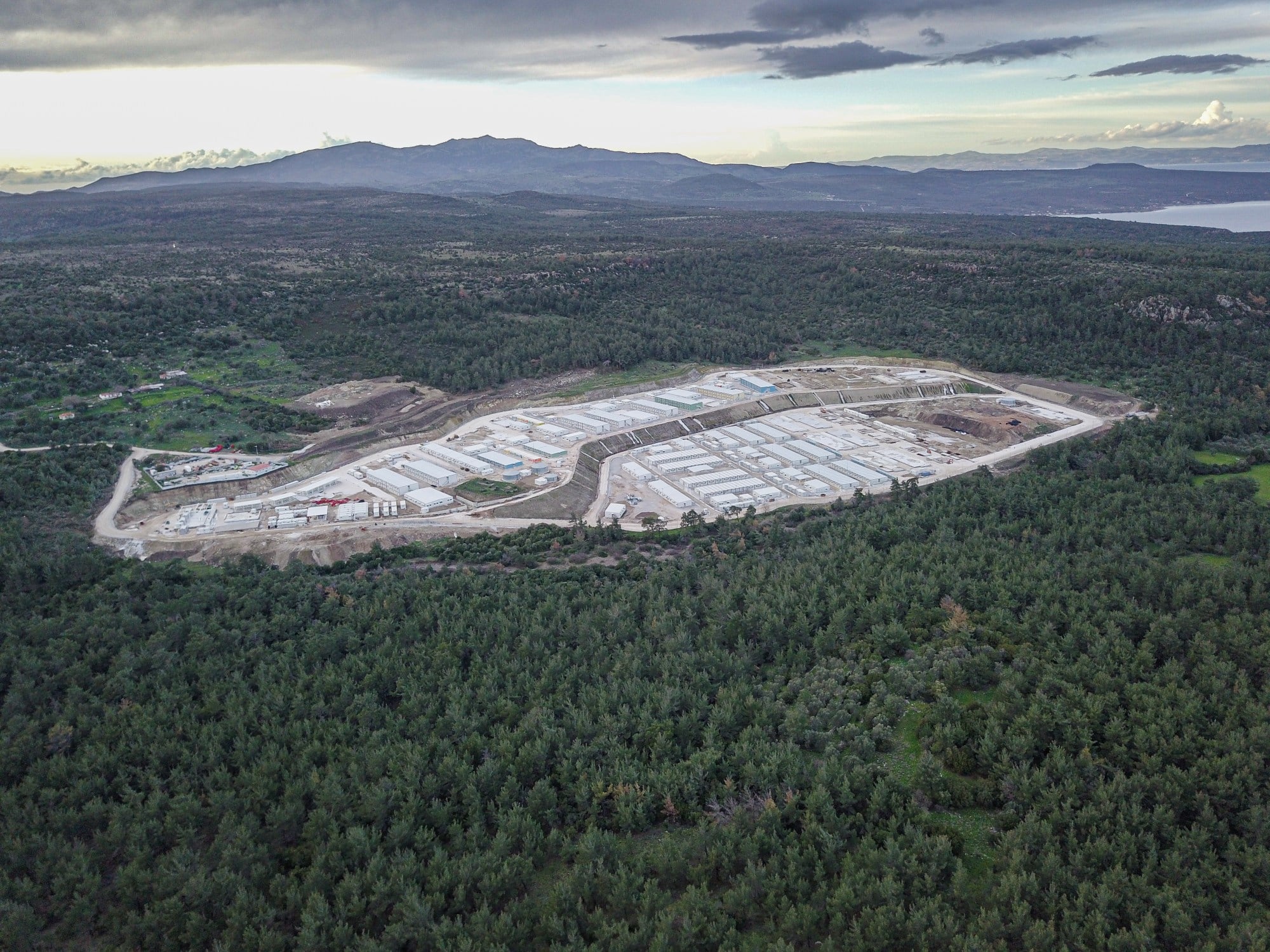An international investigation involving reporters from Solomon, EL PAÍS, Tagesspiegel, Inkstick, and Wochenzeitung has documented how Artificial Intelligence (AI) and automated surveillance technologies reinforce border security while facilitating illegal pushbacks. Research, including on-the-ground work in nine countries and extensive interviews with policymakers, law enforcement officers, refugees, and human-rights defenders, confirms that this technology has only reinforced impunity at Europe’s borders.
AI-enhanced border security and human rights violations
One of the most monitored areas is the Evros region, a 192-kilometer border between Greece and Turkey. The border is reinforced by a physical fence and a sophisticated surveillance system known as the Automated Border Surveillance System (ABSS). Eleven surveillance towers equipped with night-vision thermal cameras, radar, and laser distance sensors monitor movements along the border. Ten of these towers collect data on suspected irregular migrants, transmitting information to control centers in Alexandroupolis and Athens.
Greek police sources confirm that the ABSS system allows them to monitor movements up to 15 kilometers within Turkish territory. AI processes this data, distinguishing between animals, fishermen, local residents, and potential threats. In practice, the system primarily targets refugees. An alarm is triggered when the system detects a “suspicious” individual or group, prompting Greek border guards to intercept them or notify Turkish authorities to prevent their crossing. In 2023, Turkey reported arresting 222,516 migrants attempting to enter Greece.


Lena Karamanidou, a researcher at the Border Violence Monitoring Network (BVMN), argues that Greek authorities use ABSS data to execute collective expulsions. Despite publicly denying the use of pushbacks, Greek officials privately hint that they have significantly reduced migrant arrivals. A senior government source stated:
In 2024, over 60,000 migrants arrived in Greece primarily by sea. Land crossings via Evros declined significantly. Greek authorities attribute this success to AI surveillance, including drones equipped with high-resolution cameras that detect and facilitate the expulsion of migrants. A leaked police document revealed how a drone spotted and led to the capture of a refugee group.


The EU Charter of Fundamental Rights guarantees the right to seek asylum and other protection rights. Despite this, detained migrants or those expelled collectively have no recourse to access these rights. Reports from the UNHCR, Frontex’s Fundamental Rights Office, Amnesty International, and Human Rights Watch warn that pushbacks endanger lives, violate child protection laws, and infringe upon multiple human rights.
The Greek Migration Ministry refused to answer 26 specific inquiries regarding these issues, citing “operational security concerns.”
AI-driven refugee camps: increased surveillance, persistent deficiencies
Greece’s new model of refugee camp, established in 2021 with EU funding, incorporates AI-based security systems. Fundamental issues remain. In October 2023, at the Samos refugee camp, AI-driven cameras and drones suppressed a protest against the war in Gaza. The system detected the demonstration, alerted control centers in Athens and Samos, and triggered an automatic lockdown, preventing protestors from advancing. All of this was possible without direct police intervention.
A Ministry of Migration official explained that AI algorithms analyse security footage to detect disturbances, sending real-time alerts to authorities. These high-tech camps, known as Closed Controlled Access Centers (CCACs), are secured by NATO-standard double razor wire double fences and an extensive camera network. The Greek government and the European Commission praise their effectiveness, but the camps impose strict control over residents.
The CCACs emerged after a crisis in 2020, when overcrowding in Lesvos’ Moria camp and Samos’ Vathy camp led to social unrest. The conservative New Democracy government of Kyriakos Mitsotakis, elected in 2019, had halted large-scale migrant transfers from the islands to mainland Greece, which led to unprecedented overpopulation in the island camps. The government then prioritised systematic pushbacks, while relocating refugees to new high-security, isolated camps.
Investigative reporting examined AI surveillance in refugee camps across nine countries. Two EU-funded AI systems, Centaur and Hyperion, operate in the new Greek camps. Centaur consists of cameras, sensors, and algorithms that detect security threats and compile incident reports. Hyperion regulates entry and exit via biometric data. Staff members at the Samos CCAC describe an environment of “constant surveillance,” with one official stating “we have eyes everywhere.”
Camp residents face a 9:00 PM curfew. Those still outside must remain outside until morning, while those still inside, but in the wrong sector, are confined there overnight. An internal operations manual obtained by investigators outlines punishments for rule violations, ranging from warnings to food and supply suspensions, and even expulsion from the camp, which in turn terminates asylum applications.
Asylum seekers interviewed in Samos were unaware of the extent of surveillance, as there are no signs to inform them about the AI systems that monitor them. Greek authorities have also failed to disclose details about the purpose of collecting data, the manner in which they handle it, or the legal basis for doing so. In April 2024, Greece’s Data Protection Authority (DPA) fined the Migration Ministry €175,000 for “serious shortcomings” regarding data protection (government appeals remain unresolved). Christos Kalloniatis, a University of the Aegean professor and DPA board member, warns that vulnerable asylum seekers are denied transparency regarding their rights and the use of their personal data.
Unchecked phone data extraction
Investigations revealed that Greek Coast Guard and police officers routinely confiscate migrants’ phones, often demanding passwords. Some officers use specialised software to extract data, while others simply photograph content. The Greek Coast Guard insists that seizures follow legal procedures, under judicial supervision, to combat smuggling networks. However, migrants’ testimonies contradict this claim. Three young Syrian asylum seekers in Samos stated that their phones were confiscated and later returned without explanation, despite no criminal involvement.
Data extracted from phones is used not only for criminal investigations but also for risk assessments shared among Greek police, Frontex, and Interpol. Internal reports examined by investigators confirm that authorities use messages, social media content, and geolocation data to map smuggling networks. Greek police officers have admitted, under conditions of anonymity, that they frequently access migrants’ private photos, even those previously deleted, through cloud backups.
Greek police also share migrants’ information informally with non-EU countries via personal messaging apps, circumventing legal data protection requirements. Officers justify these practices as necessary for efficiency, but acknowledge that they violate privacy regulations.
Persistent squalor despite advanced technology
While Greece’s refugee camps boast cutting-edge surveillance, living conditions remain dire. The government claimed that its new CCACs would eliminate the overcrowding and unsanitary conditions that plagued Moria. However, a Syrian refugee in Samos described ongoing hardships:
“There are snakes, garbage everywhere, and barracks with no hot water in winter. Sometimes, broken doors take weeks to repair. It’s filthy, no one cleans or disinfects common areas.”
Last year the European Court of Human Rights ordered Greece to urgently re-accommodate a mother and her baby from the Samos CCAC to a “safe and suitable” place with access to “adequate food, water, clothing and medical care”.
In summer, heat becomes unbearable, as air conditioning units are banned. Despite EU funding, a newly built medical clinic with x-ray and dental equipment remains unused due to a lack of staff, illustrating a clear priority shift towards surveillance rather than humanitarian care.
As argued in the report Deadly End, the previous generation of refugee camps was shaped by a politics in which preventable death was treated as an acceptable byproduct — the result of a complex bargaining game between national and regional governments, the EU and Turkey, NGOs and local island communities. When the fatal consequences triggered unrest, the Greek government defined the camps’ residents not as victims of policy failure, but as a threat to public order — subjects to be policed. From that perspective, the Closed Controlled Access Centers (CCACs) are a logical next step: a system where advanced technologies are deployed not to protect, but to contain, monitor, and ultimately render invisible those who seek refuge. They are designed to keep these populations out of sight, and therefore out of mind.




